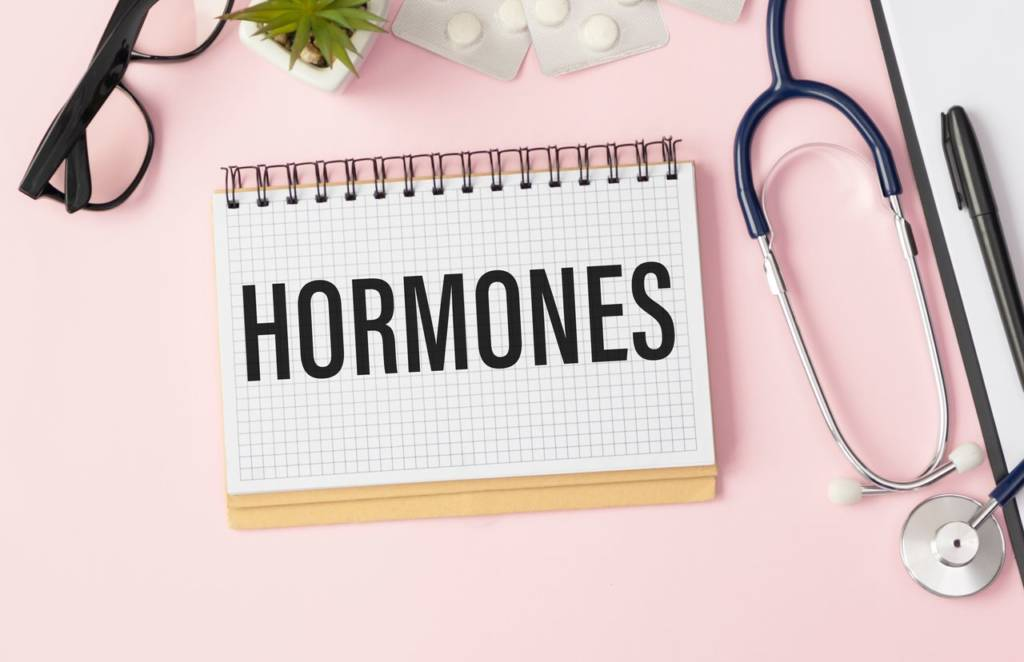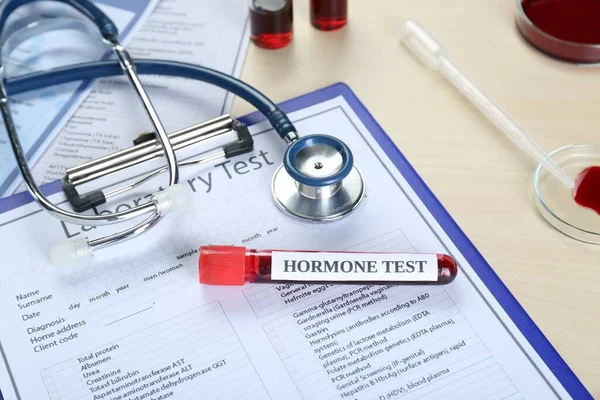In the medical community, the hormones inside your body are considered the chemical messengers that keep you feeling at your best physically, mentally, and emotionally.
Whether it’s keeping your heart beating strong, your pancreas producing adequate insulin, or other crucial tasks, your hormones must stay balanced so your body knows how to be at its best.
To better understand male hormonal imbalance, here are the signs, symptoms, and solutions of which you should be aware.
How Does a Hormonal Imbalance Happen?

While it’s always possible your hormones can become imbalanced due to certain physical causes such as serious injuries or even cancerous tumors, it is much more common for these imbalances to occur due to circumstances you can control through the choices you make in your daily lifestyle.
Some of the most common reasons for hormonal imbalances include:
- Poor diet
- Lack of sleep
- Lack of regular exercise
- Chronic stress
While you can control your stress levels and what you eat daily, also remember that testosterone naturally decreases in men as they age.
However, this does not necessarily mean you will deal with the issues most commonly associated with low-T.
Symptoms of a Hormonal Imbalance
Find yourself being very busy with personal and professional responsibilities. It can be very easy for you to dismiss hormonal imbalance symptoms as things associated with just being tired after a long day.
Yet if you do, you may let these problems linger until you frequently deal with such things as a low sex drive or even erectile dysfunction, both of which can occur due to low testosterone. The most frequent hormone imbalance symptoms are:
- Prolonged fatigue
- Trouble sleeping
- Unexplained weight gain
- Problems concentrating
- Headaches
- Lack of sexual desire
If you recognize any of these symptoms as problems you are currently experiencing, using a male hormone test kit can confirm whether or not you may have an imbalance.
As always, it is best to meet with your doctor to discuss the results from your test kit and have more in-depth tests to determine if any underlying health issues may be playing a part in how you feel.
How Can a Hormonal Imbalance Be Treated?

If you have met with your doctor and had it determined that your hormonal imbalance is serious enough to warrant medical treatment, you will likely begin hormone replacement therapy that your doctor will closely supervise.
Done over time, the medication used for this therapy may be in the form of pills, creams, gels, or even skin patches that can be worn so that the medication is released into your body 24/7.
Should your hormone imbalance be considered minor, your doctor will probably recommend lifestyle changes such as eating healthier, exercising regularly, and lowering your daily stress levels.
An Endless Cycle Without Treatment
Should you be hoping that your hormones will readjust themselves without medical intervention or making changes to your lifestyle, you will be putting far too much faith in these chemical messengers.
In fact, instead of righting themselves, your hormones will only continue to get more and more out of balance, putting you in a no-win situation.
For example, if your sex drive is not what it used to be, you and your partner will be frustrated. As the frustration builds, this puts you under more and more stress, guaranteeing your hormones won’t be balanced anytime soon.
If fatigue is your main problem, this can create problems with your sex life and your ability to exercise regularly, neither of which will produce good long-term results.
Be Proactive with a Hormonal Imbalance
If your test kit shows you have a hormonal imbalance, be proactive about changing things for the better. To begin with, schedule a visit with your doctor.
Also, start adding more proteins to your diet, get eight hours of sleep each night, and begin an exercise program you can easily do several times per week.
If you do all this and lower your stress level, don’t be surprised if your testosterone and other hormones soon return to normal.

Jean Smith is a fitness enthusiast and blogger who focuses on fitness and a healthy lifestyle. She is passionate about assisting people in living healthier lifestyles and is constantly on the lookout for new and creative methods to stay fit and healthy. Her articles are excellent resources for anyone interested in improving their health and fitness.
